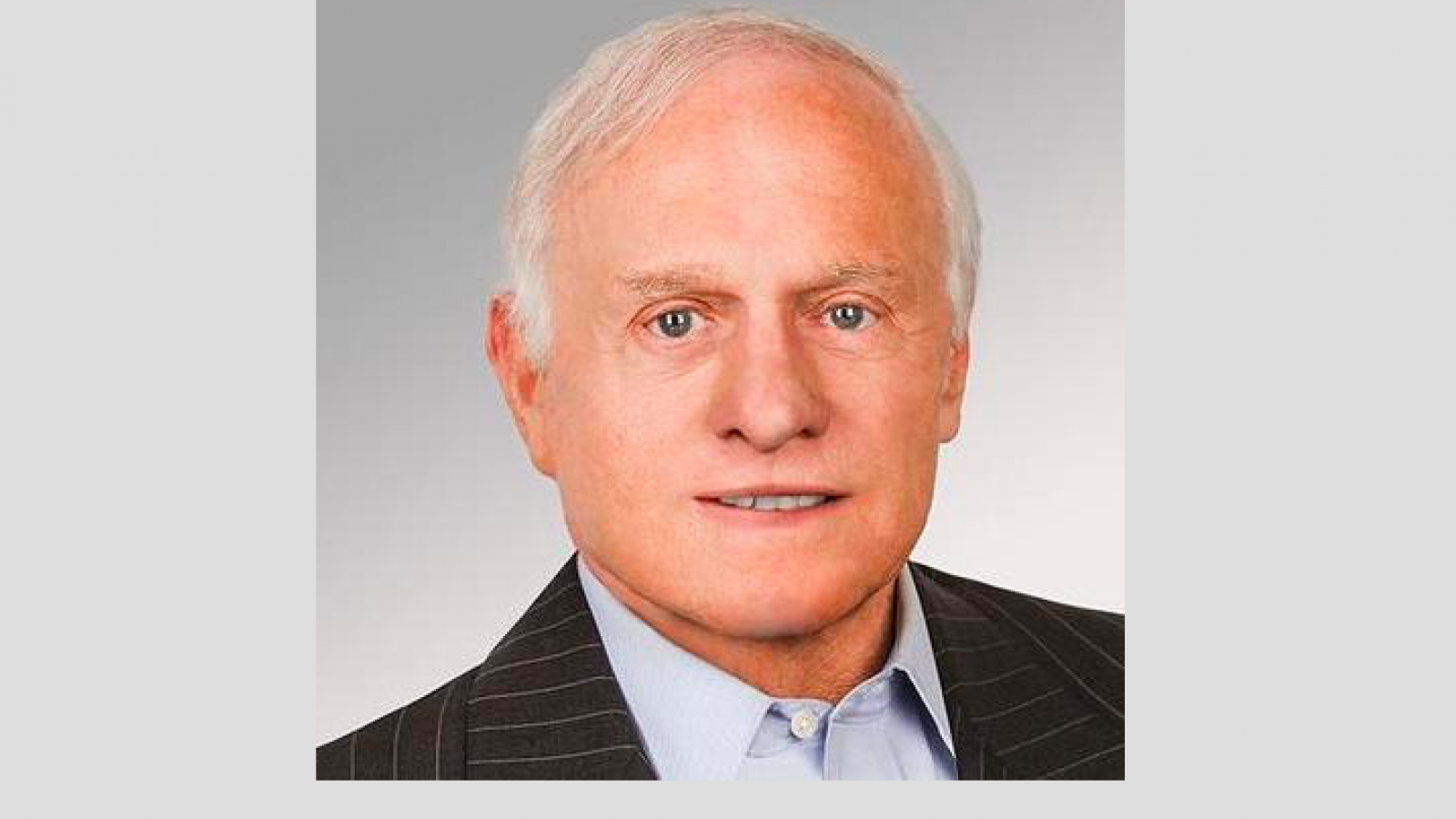
BuzzFeed News reports now-deceased GOP donor and operative Peter W. Smith conducted some suspicious financial transactions around the same time he thought he was getting closer to obtaining Hillary Clinton's deleted emails from Russian hackers.
Just a day after he finished a report suggesting he was working with Trump campaign officials, for example, he transferred $9,500 from an account he had set up to fund the email project to his personal account, later taking out more than $4,900 in cash. According to a person with direct knowledge of Smith’s project, the Republican operative stated that he was prepared to pay hackers “many thousands of dollars” for Clinton’s emails — and ultimately did so.
Police say Smith committed suicide on May 14, 2017.
A hotel clerk at the Aspen Suites hotel across the street from the Mayo Clinic in Rochester, Minnesota found Smith’s body with “a bag over his head with a source of helium attached.” Smith left behind a stack of documents, including a suicide note indicating he has been sick since January 2017 and his $5 million life insurance was expiring. The note also read: “NO FOUL PLAY WHATSOEVER."
Smith had put together a team to hunt for Clinton's emails and told that team he was in touch with Michael Flynn.
Intelligence agencies have given the FBI information that Russian hackers talked about passing Clinton’s emails to Flynn through a cutout, according to two law enforcement officials with direct knowledge of the matter. It is not known if that cutout was in any way connected to Smith.
(...)
Smith reached out to various people he thought could help track down or authenticate the emails Clinton had routed through a private server in her home. One of those people was Matt Tait, a former information security specialist in Britain’s spy agency GCHQ, who was writing publicly about a different email hack, that of the Democratic National Committee.
In a phone call in August, Smith told Tait that he believed Clinton’s private server had been hacked by the Russian government and others, and that a person from the dark web had contacted him, claiming to have some of Clinton’s emails. Smith wanted Tait to help verify the emails, something Tait said he refused to do.
... On the Friday before the Labor Day weekend, Smith incorporated a company called KLS Research. In a proposal Smith put together describing the effort to obtain the emails, he named the company as the “preferred vehicle” for the research into Clinton’s email, and Smith would tell Tait that KLS Research would also help “avoid campaign reporting.”
(...)
[On September 8th,] Smith withdrew $9,500 from the KLS Research account and deposited it into his personal bank account, both held at Northern Trust. From there, Smith took out a little more than $4,900 in cash and sent checks to an accountant and an LLC controlled by a private real estate company. Later in September, Smith made withdrawals of $500 and $700 from KLS Research.
These transactions came to light after Northern Trust received a subpoena from the FBI for Smith’s records last December. The subpoena specifically sought information about the $9,500 withdrawal from KLS Research’s account.
After scouring nine accounts that Smith controlled, Northern Trust turned over documents showing 88 suspicious cash withdrawals totalling about $140,000 between January 2016 and April 2017, including a $3,000 withdrawal six days after the election. Northern Trust found these transactions suspicious because officials could not determine the purpose of the withdrawals and because some of them took place over the time Smith was engaged in his project to obtain Clinton’s emails. Many of the cash transactions, the bank noted, were less than $10,000, small enough not to trigger an automatic alert to the government. After receiving the subpoena, the bank sent a report to Treasury’s financial crimes unit, which shared its findings with the FBI, Special Counsel Robert Mueller, and Senate Intelligence Committee investigators.
(...)
Now, according to the three US law enforcement officials, Smith remains an important figure in the government's investigation. FBI and Senate Intelligence Committee investigators are trying to follow the money to learn whether Smith paid anyone connected with the Russian government. The FBI suspects Smith used some of the cash to fund his operation and paid hackers who provided him emails ...
Separately, investigators working for Special Counsel Mueller have also interviewed people who Smith tried to recruit and others who worked on his operation to obtain Clinton’s emails ... Mueller’s team has also tried to determine if Flynn assisted Smith in his operation, according to two FBI agents. They added that Smith’s suspicious financial transactions are key to that effort.
(...)
Smith, in his only press interview before he died, told the Journal that he and his team found five groups of hackers who claimed to have Clinton’s emails, including two groups he said were Russians.
Smith also told the newspaper that he never intended to pay for emails obtained by hackers — a contention the person with direct knowledge of Smith’s plan disputed, saying Smith did pay for what he was told were Clinton’s emails. This source also said that Smith purposely omitted any mention of paying hackers from his written plan for the operation.
GOP Operative Made "Suspicious" Cash Withdrawals During Pursuit Of Clinton Emails (BuzzFeed News)